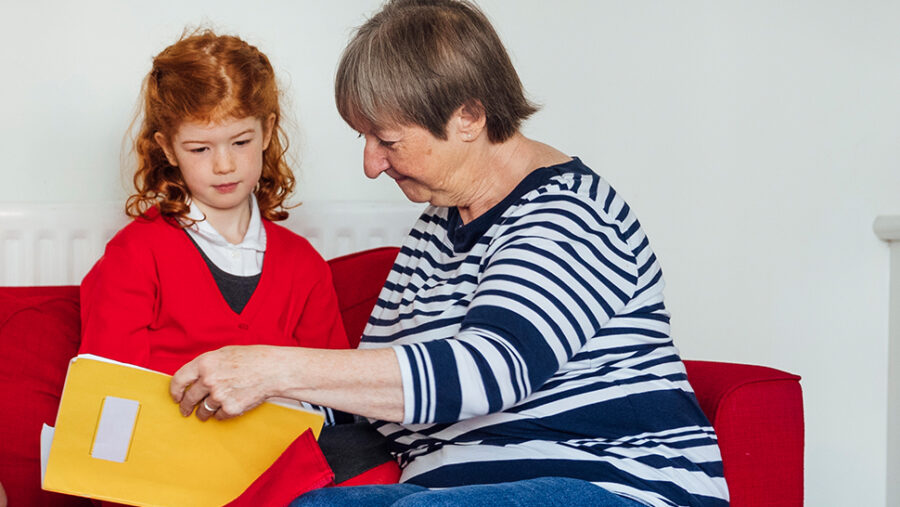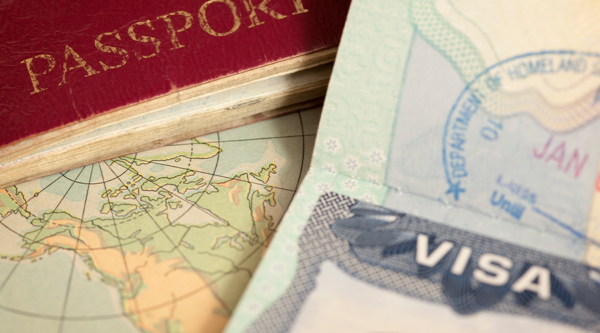

The 2024 general election brought great change within UK politics. The Labour party, for so long in opposition, can now implement the changes they have planned for years. One clear goal of the new government is to change how private school fees operate.
Since 2019, Labour stated its intention to remove the VAT exemption on private school fees. As many of us know, VAT is paid at a standard rate of 20% on many of the goods and services that we purchase.
Currently, private schools benefit from a VAT exemption and many also receive an 80% reduction in business rates given that half of private schools have charitable status. The government have said that both these benefits will be removed.
The Institute for Fiscal Studies stated that between 2022 and 2023 the average private school fees in the UK were £15,200; nearly 90% higher than state school spending per pupil. Only 6-7% of pupils in the UK attend private schools, but for the families who do choose the independent education route, the new fee plans may be very impactful. However, there is no guarantee the VAT increase will be passed onto parents.
Hargreaves Lansdown have predicted that the average private secondary school fees could be £140,552 over a seven year period with inflation running at 3.5% a year. If the 20% VAT increase is passed on to parents, this figure could increase to £168,633.
When will this come into effect?
VAT will be added to school fees from 1 January 2025 and it will no longer be possible for private schools to claim charitable business rates relief from this date.
How can I deal with increased costs?
It is no longer possible to pay fees in advance without incurring the VAT. The tax will apply to all payments from 29 July 2024 onwards. Additionally, for those who paid fees in advance before 29 July, there is no guarantee that HMRC will not challenge these payments at a later date.
As school fees go up, you should keep an eye on the interest rates that different banks offer on savings accounts. Moving money to an account accruing a higher interest rate may help to ease some of the burden of the increased fees. Investments, such as cash ISAs, could also be considered.
While educational fees are generally exempt for Inheritance Tax (“IHT”) purposes if paid by parents, such high costs mean many will need additional help to support the cost of their child’s education. Grandparents may be willing and able to make up any shortfall, but IHT implications could be significant for them.
Gifting
It has become increasingly common for other family members, such as grandparents, to pay for private school fees. If you are a family member who wishes to assist parents in funding their children’s education, there are various allowances and strategies you can use when it comes to gifting.
These include the annual gifting allowance of up to £3,000 and therefore £6,000 if both grandparents contribute, although it must be remembered that any gifts in excess of the
annual allowance may be liable for IHT (at 40%) if you were to die within seven years. You can also gift from surplus income. In this situation, you need to clearly evidence that the money was indeed surplus to requirements. The amount you gift as surplus income isn’t capped, neither is it affected by the seven-year rule but good record keeping is essential.
Gifts aren’t the only way you can contribute. With careful, timely planning, a trust could be a great alternative. There are lots of different types of trust but the most commonly used is a discretionary trust which, by its very name, allows flexibility in terms of what the fund can be used for.
Points to note
If you were to lose capacity, gifting from surplus income would stop as this is not usually allowed with a Power of Attorney or under a Deputyship.
If you were to set up a trust, some administration is required in terms of appointing trustees and registering the trust with the Trust Registration Service (TRS). You may also have to complete an income tax return. Trusts are also generally set up with a lump sum which can also be topped up.










